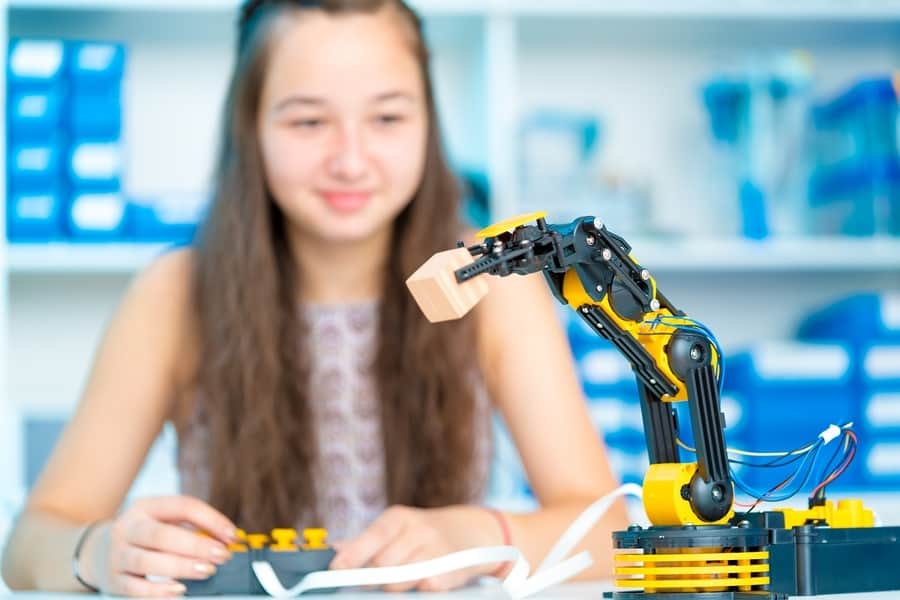Review: The Future of Jobs and Job Training

What do lawyers, stocks traders and insurance claim adjusters have in common? They typically have been stable and reliable careers, but are some of the soon-to-be or already automated careers.
The automation of many traditional careers is teaching us to “skill-up or get creative” – a major theme that arose from our Generation Do-It-Yourself (GenDIY) campaign last year. You’ll need to acquire the necessary technical skills or focus on creative and interpersonal communication skills such as emotional intelligence.
Our newest campaign, #AskAboutAI, is highlighting that our education system needs to adapt to prepare individuals for the new market. One of the newest PEW reports, The Future of Jobs and Jobs Training, discusses a diversifying education and credentialing ecosystem that teaches people to become lifelong learners.
Pew asks two primary questions through this research:
- Will well-prepared workers be able to keep up in the race with AI tools?
- Will market capitalism survive?
Pew researchers saw that with the rapid uptick of automation in many jobs that “future of work” and “future of jobs” are now the primary topic at major tech conferences globally. A major theme from the 2016 World Economic Forum “The education system will need to adapt to prepare individuals for the changing labor market. At the same time, recent IT advances offer new and potentially more widely accessible ways to access education.”
Pew Research’s Lee Rainie and Elon University’s Imagining the Internet Center‘s Janna Anderson, authors of the report, conclude with five major themes – both positive and concerns around the impact of artificial intelligence, highlighted below.
One thing that we are considering through our #AskAboutAI series is what with the emergence of new educational and training programs, what does a graduate profile look like? Pew believes that we’ll see a broader and diversified educational credentialing system that will include a mix of traditional, online, in-person training, and virtual/augmented reality.
Over the next several months, to answer the questions around graduate profiles, the future of work and necessary skills, we will be hosting a series of small convenings around the implications of AI. We will be meeting with the authors of the AI 100 report, visiting organizations like Knowledgeworks to talk about their new work on graduate profiles, and learning more about programs similar to the Tech Policy Lab at the University of Washington. For more details, stay tuned, and sign up for our weekly newsletter.
Our #AskAboutAI campaign investigates the implications of AI on employment, education and ethics. For more, visit our series page and see:
- On the Brink of Massive Change: Is This the Future You Want?
- RAMTEC Robotics: A Path to Employment & Economic Development
Stay in-the-know with all things EdTech and innovations in learning by signing up to receive the weekly Smart Update.







Ashley Maxwell
Thanks for your comment about how ed tech us getting people prepare for the future job field. I like how you said that they can help people have stable careers for the rest of their lives. If someone was considering ed tech sales jobs as an educator, I would assume that they would keep this post in mind.